Resurgence of terrorism in Syria tied to Israeli-US plot to destabilize West Asia: Analyst
By Alireza Hashemi
The resurgence of terrorism in Syria serves the broader American-Israeli plot to destabilize the region and undermine resistance forces in order to pave the way for their long-envisioned "New Middle East," says an expert.
In an interview with the Press TV website, Reza Sadr al-Hosseini, an expert on West Asai affairs, said the Israeli regime and its backers, after they failed in Gaza and Lebanon, have now shifted focus toward Syria to prevent the country from becoming a viable source of pressure against the regime.
This shift, he hastened to add, has expedited the resurgence of terrorism in parts of the Arab country, which could be anticipated over the past one or two months.
The defeat of the Israeli-American alliance in Gaza and Lebanon, Sadr al-Hosseini noted, prompted Israel and its allies to “instigate new chaos in the region to potentially realize their goal of implementing their old plan for a new Middle East.”
“The reality is that there is a Western-Hebrew-Turkish alliance behind this new wave of terrorism in Syria,” Sadr al-Hosseini stated.
He pointed to interviews given by Syrian terrorist groups to Israel’s Channel 12, which when viewed together with other instances of Israeli support for terrorism in Syria like Israeli leader Benjamin Netanyahu’s 2016 visit to injured terrorists receiving treatment in Israeli hospitals, reflecting a consistent pattern of Israeli logistical and media support for terrorists.
The analyst asserted that the terrorists, emboldened by the Western greenlight and Turkey’s preparations in Idlib, were encouraged to carry out proxy missions in the Arab country.
Syria has firmly dismissed media claims of terrorist groups infiltrating neighborhoods in Hama, labeling them as psychological warfare.
— Press TV 🔻 (@PressTV) December 4, 2024
Follow us on Telegram: https://t.co/B3zXG73Jym pic.twitter.com/CVVY8rgwje
“We cannot analyze any movements in the region without considering the roles of the United States and the Israeli regime; all chaos and conflict in the area are somehow linked to them,” he asserted.
Sadr al-Hosseini said Turkey has played a significant role in the resurgence of terrorism in Syria by dishonoring its obligations under the Astana Agreement, a 2017 diplomatic initiative aimed at de-escalating and resolving the Syrian crisis.
“Training and equipment have been provided either within Turkey or by Turkey in a third country, with Ukrainians playing a significant role in training as well,” he stated.
“Turkey has likely invested resources for these operations. Several detainees captured by the Syrian army have openly acknowledged this involvement.”
On Iran’s position regarding the resurgence of terrorism in the neighboring country, Sadr al-Hosseini emphasized the long-standing strategic partnership between Tehran and Damascus.
“There has been strategic cooperation between Iran and Syria since the beginning of the Islamic Revolution. Iran has to return the favors made by Syria during Iran’s eight-year defense against Iraq’s aggression,” he emphasized.
Sadr al-Hosseini stressed that Syria is part of the Axis of Resistance and that Iran will ensure Syria, as a frontline state against Israel, receives the necessary support based on its needs and Iran's capabilities.
✍️ Viewpoint -Israel-engineered terrorism in Aleppo shows Syria's key role in Axis of Resistance
— Press TV 🔻 (@PressTV) December 3, 2024
By Ghadir Khummhttps://t.co/npXW1F72kb pic.twitter.com/pI0mbbjhnk
He also expressed confidence in Syria’s ability to address the crisis, citing its experience from 2012 to 2015 when large portions of the country were under terrorist control.
“With assistance from resistance forces and Russia, Syria managed to reclaim much of its territory from terrorists who were backed by over forty countries—whether knowingly or unknowingly,” he said.
The West Asia affairs analyst acknowledged that urban warfare, particularly in cities like Aleppo, may slow operations as terrorists use civilian areas as cover.
However, he predicted that the crisis would not last as long as in previous years due to the limited geographical scope and Syria’s improved military expertise.
Sadr al-Hosseini also ruled out the possibility of a large-scale regional conflict, citing Syria’s enhanced military capabilities, which have already halted terrorist advances over the past 48 hours.
Moreover, he noted that financial support for terrorist groups like Hay'at Tahrir al-Sham from Arab countries is no longer as robust as it was in the past.
“Tahrir al-Sham has engaged in reckless actions that initially showed some success but failed to sustain momentum or incite significant anti-government sentiment among Syrians as expected,” he said.
“The Syrian government is well-positioned to quickly resolve this crisis under these circumstances.”
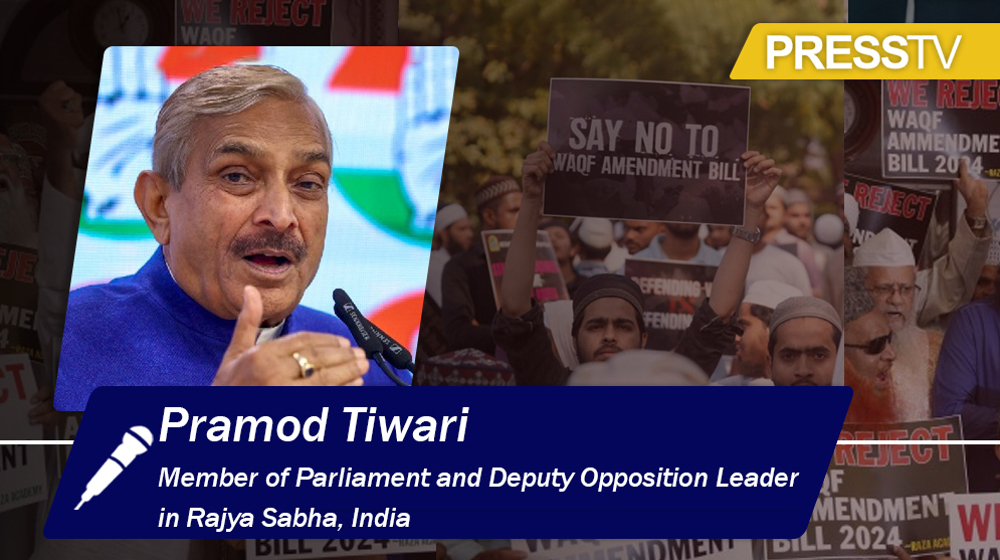
Waqf Bill not just an attack on Indian Muslims but on India’s constitutional fabric: MP
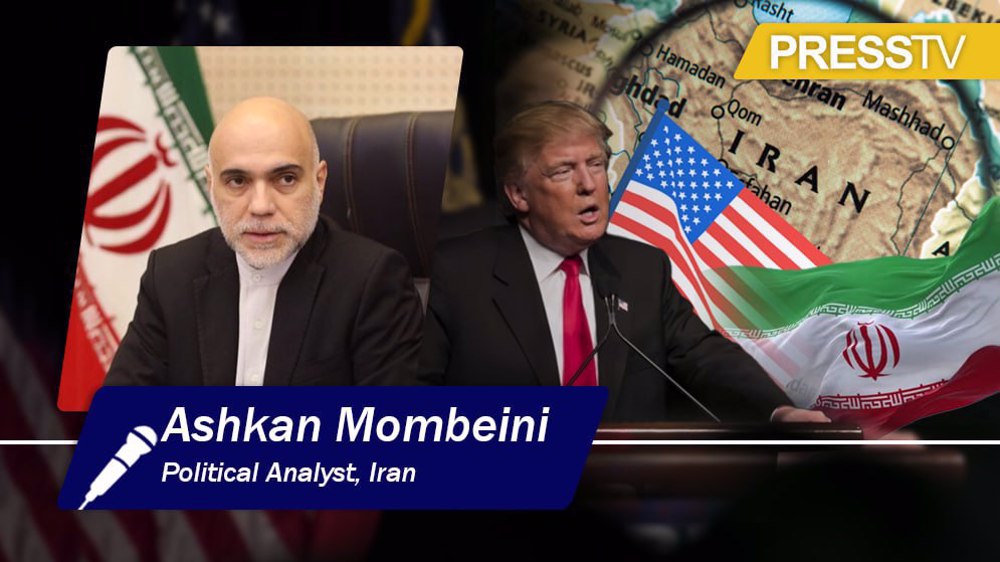
Trump's war rhetoric against Iran to impose heavy costs on US and allies: Analyst
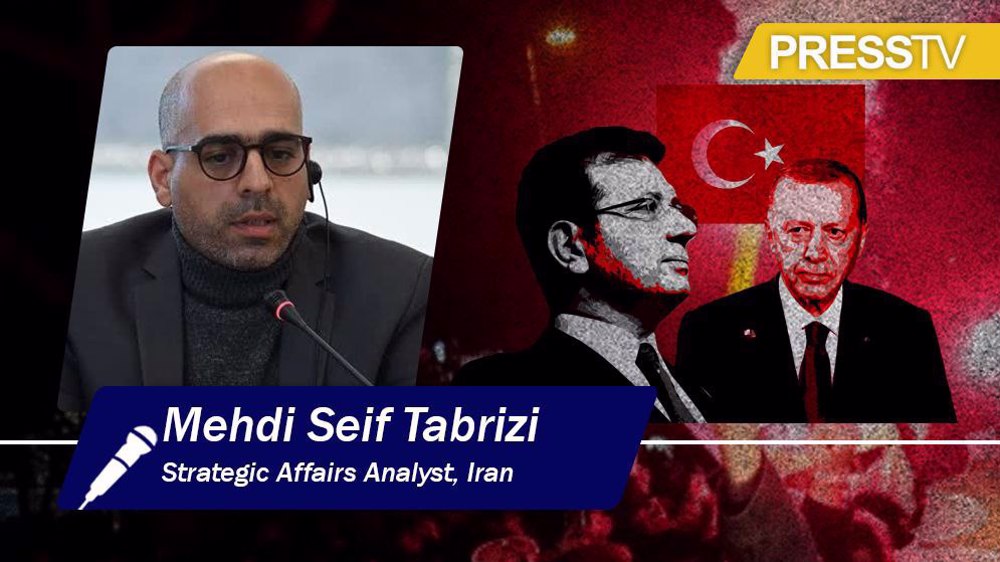
Turkey’s political unrest to significantly weaken Erdoğan’s grip on power: Analyst
VIDEO | Gaza before and after October 7-P2
VIDEO | Gaza: How much worse can it get?
Former Israeli PM Olmert: Netanyahu inciting settler violence
VIDEO | Trump’s health cuts spark nationwide protests
Euronext says US resembling emerging market as trade war escalates
Iranian intelligence forces dismantle Takfiri terrorist network
VIDEO | Press TV's news headlines
VIDEO | Israel systematically cripples Gaza NGOs


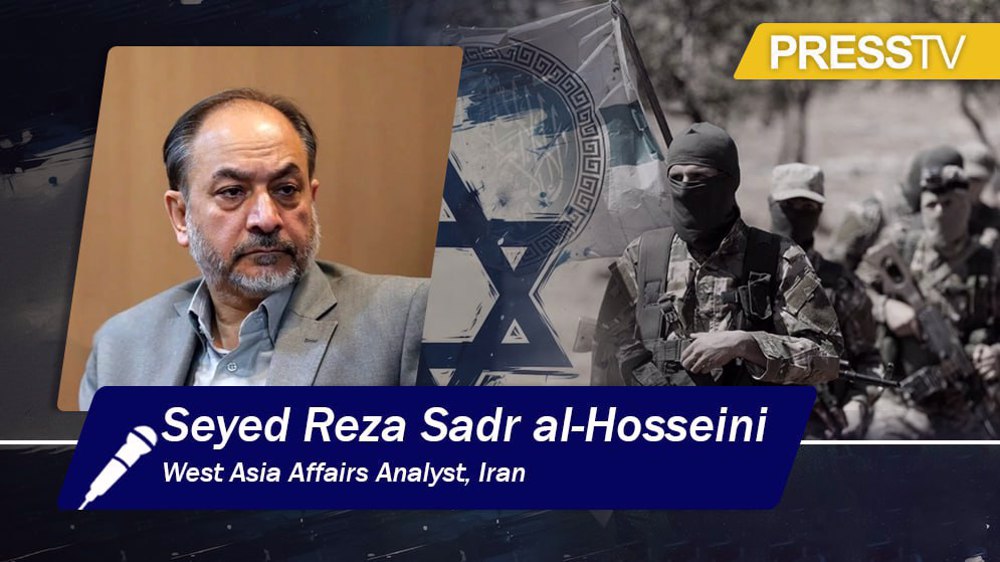



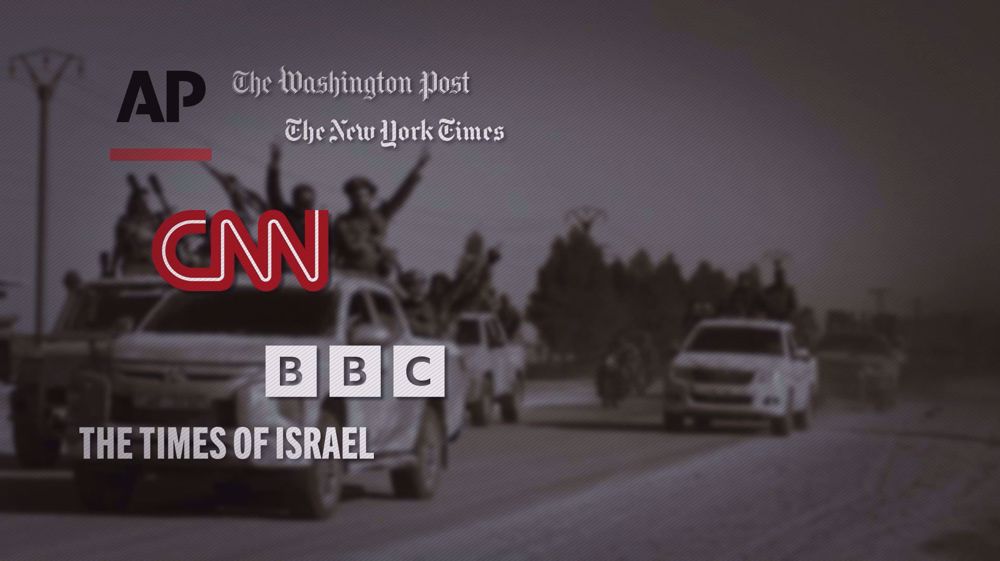
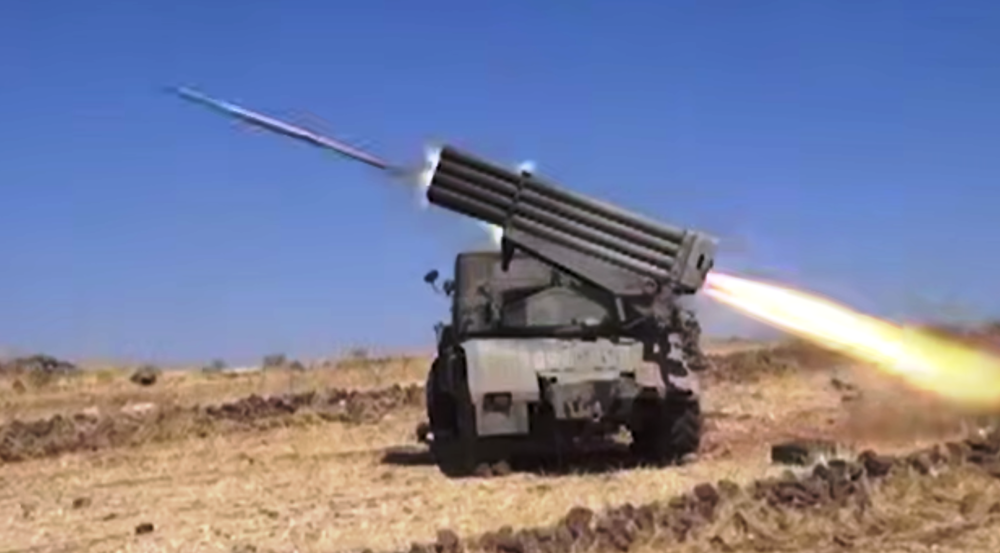
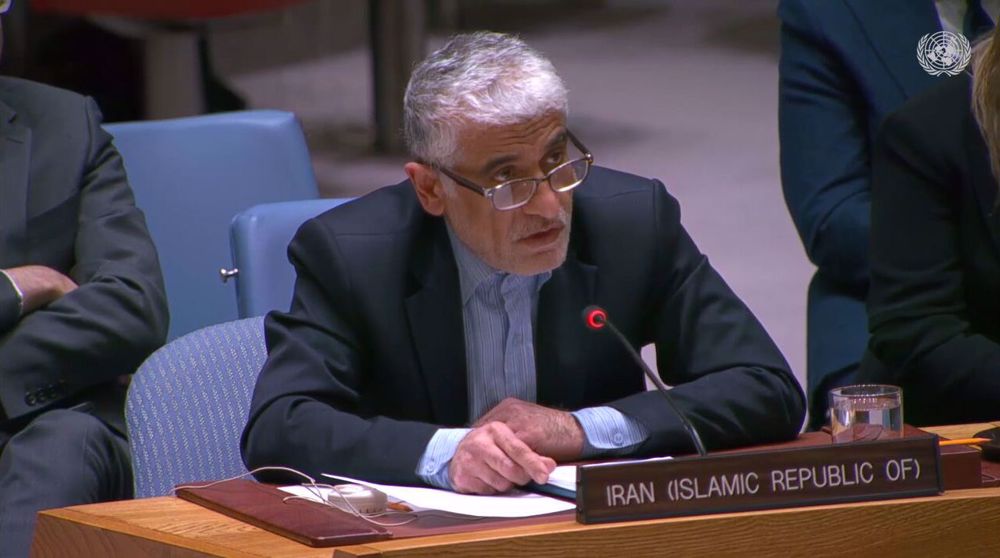
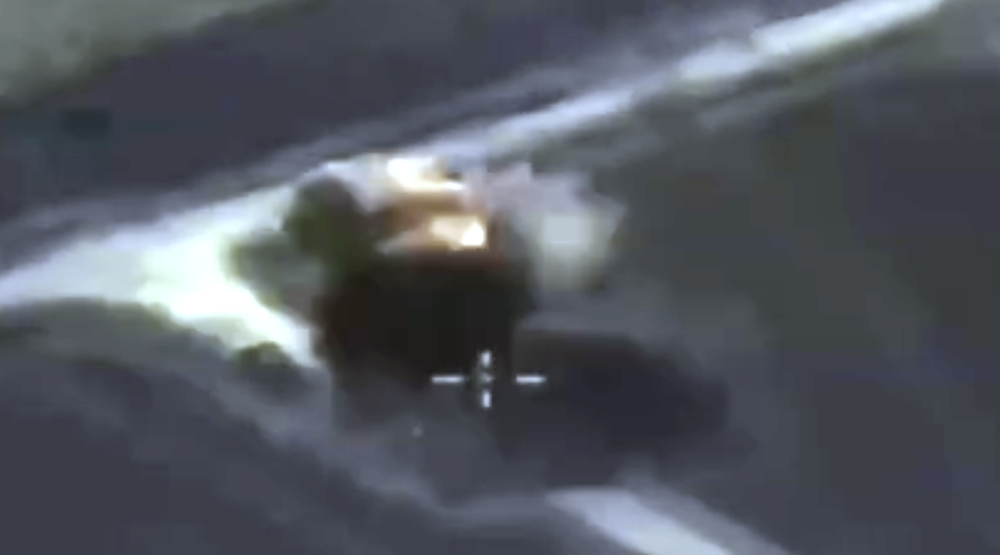


 This makes it easy to access the Press TV website
This makes it easy to access the Press TV website